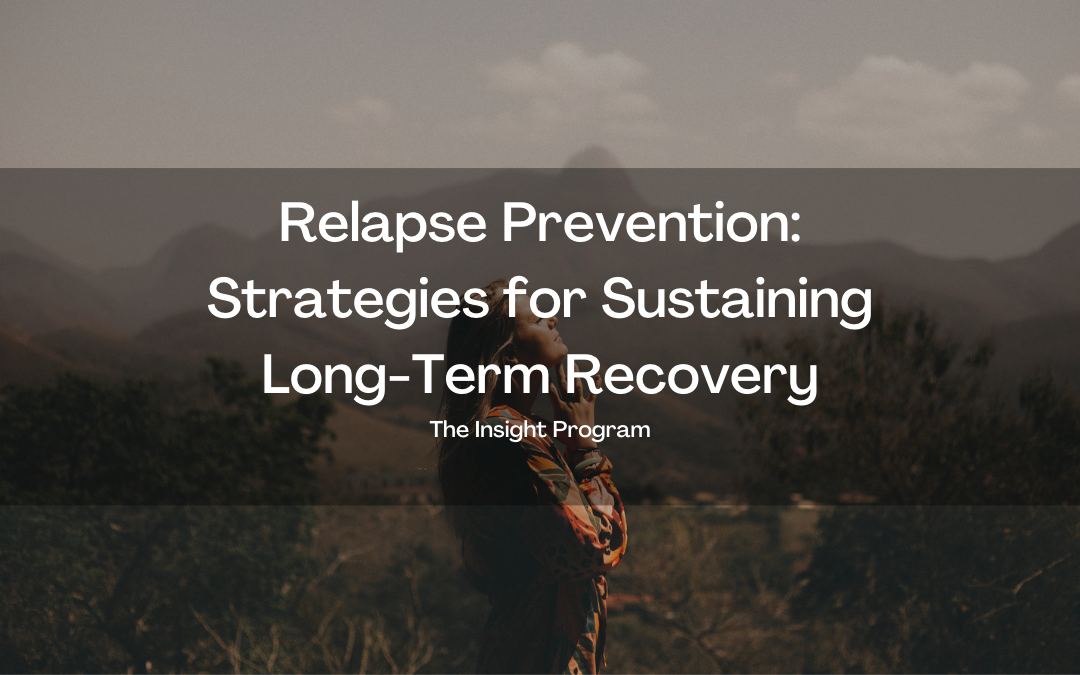Recovery from substance abuse and alcohol addiction requires ongoing commitment. To sustain long-term recovery, it is crucial to prevent relapse. In this blog post, we will discuss effective strategies from a treatment center’s perspective.
1. Education and Understanding
One of the fundamental aspects of relapse prevention is education and understanding. Individuals in recovery should educate themselves about the nature of addiction, its triggers, and the process of recovery. By understanding the underlying causes of their addiction and the potential triggers, they can develop effective coping mechanisms to manage cravings and stressful situations.
2. Building a Support System
Having a strong support system is crucial for sustained recovery. This can include family, friends, support groups, and professionals from a treatment center. Engaging in group therapy and support groups provides a sense of belonging, accountability, and encouragement. Regular attendance at meetings can help individuals stay connected to others who are on the same journey and share their experiences and wisdom.
3. Developing Coping Skills
Learning healthy coping skills is essential to prevent relapse. Substance abuse often serves as a way to escape from negative emotions or stressful situations. By developing alternative coping mechanisms such as exercise, meditation, or engaging in hobbies, individuals can manage stress and emotions in a healthier way. Therapy sessions and counseling can also provide individuals with the tools they need to address underlying issues and develop effective coping strategies.
4. Identifying Triggers and High-Risk Situations
Recognizing triggers and high-risk situations is crucial in preventing relapse. Triggers can be people, places, emotions, or specific events that remind individuals of their substance abuse past. By identifying these triggers, individuals can develop strategies to avoid or manage them effectively. It is important to establish healthy boundaries, make necessary lifestyle changes, and develop an action plan for when faced with high-risk situations.
5. Self-Care and Healthy Lifestyle
Taking care of one’s physical and mental health is paramount in relapse prevention. Regular exercise, healthy eating, and sufficient sleep contribute to overall well-being and provide individuals with the energy and resilience needed to maintain recovery. Engaging in activities that bring joy and fulfillment can also help individuals find meaning and purpose in their lives beyond substance abuse.
Relapse prevention is crucial for long-term recovery. By incorporating these strategies, you can significantly reduce the risk of relapse and embrace a healthier, more fulfilling life. Remember that relapse doesn’t mean failure—it’s an opportunity to strengthen your commitment to recovery. With determination, support, and effective strategies, you can overcome addiction and sustain lasting recovery.

